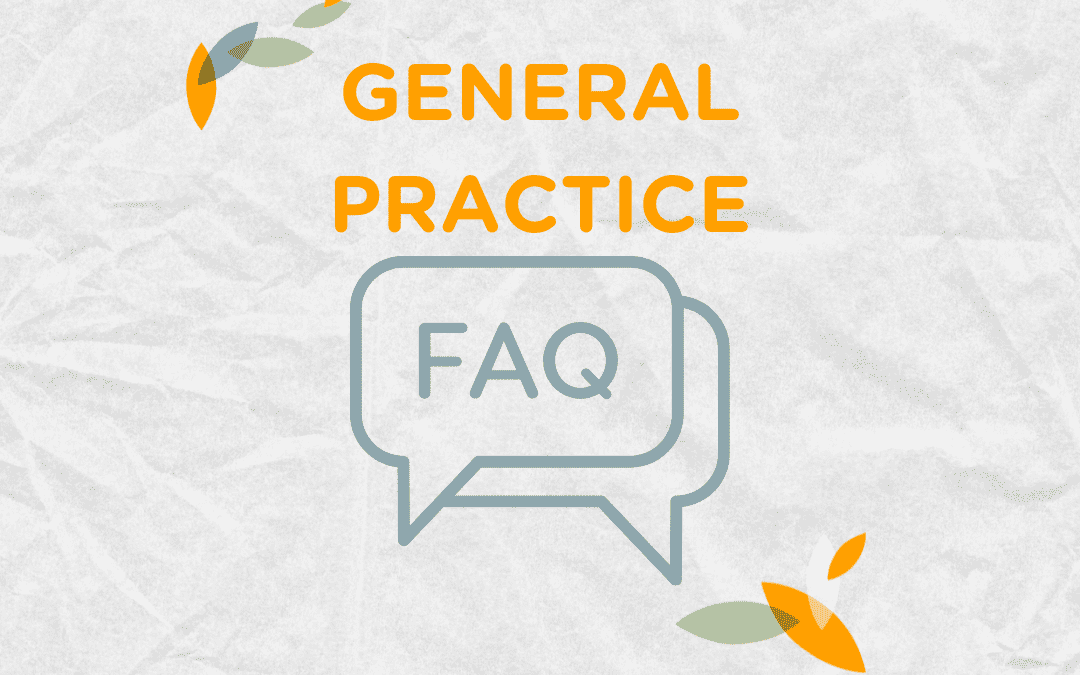Why should I enrol with a General Practice?
Enrolling with a Comprehensive Care General Practice will save you money and help keep you and your whānau healthy.
When you enrol, you pay less fees for your appointments and you can access subsidised medicines that your Doctor prescribes you.
You can also access:
- Translation services if you need them
- Prevention and screening programmes
- Important immunisations programmes to help keep you and your tamariki healthy
Your Doctor will also help you access further healthcare to manage medical conditions such as diabetes; psychological services; support to quit smoking and more.
Being enrolled with a General Practice helps you develop a strong relationship with your Doctor and general practice team, which helps them support your ongoing health and wellbeing in the long term.
How do I enrol with a General Practice?
If you are eligible, enrolling is easy and free. It is a good idea to enrol as soon as possible, even if you feel healthy. Contact your local General Practice and see if they are accepting new patients. When you enrol, you should take along identification and any medical records you might have. If you are enrolling in a new General Practice, your medical records can be safely transferred to your new healthcare provider.
Can I visit a different Doctor at a different General Practice?
Yes, you can visit another Doctor. There may be times you need to see a Doctor at a different general practice, because of being away from home or because of time constraints if your general practice is busy. This includes at an emergency clinic or a General Practice in a different location. Sometimes it might be necessary to visit a Doctor that you aren’t enrolled with, but you need to be aware this will likely mean you have to pay higher fees than usual.
Some Practices are members of Your Health Summary, a shared-care record that helps ensure your important healthcare records are available by request at a different healthcare provider, if you need them.
When should I go to an emergency department and when should I see my Doctor?
Hospitals are for emergencies. If you are unsure of what counts as an emergency, you can phone Healthline on 0800 611 116 for advice.
You should see your healthcare professional at your General Practice when you are sick, injured, when you have ongoing medical concerns, for your vaccinations or repeat prescriptions and for ongoing screening.
Your doctor can refer you to specialist care or to hospital if you need further care for a medical condition.
How long is a Doctor’s appointment? What happens if I need more time?
Generally an appointment with your Doctor will be about 15 minutes. This includes time for notes, paperwork, certificates and referral. If you know you will need more time, your Doctor should be able to book you in for more than one time slot. This will, however, often mean that you will need to pay for two sessions.
If you need more information on fees and time allowances, contact your Doctor.
Can I bring a list of questions to ask in the appointment?
Yes! Writing a list of things to talk to your Doctor about is a very effective way of ensuring you get the most out of your appointment. Your Doctor will be happy to answer any questions and will not be surprised if you have a list on hand.
Each visit to the Doctor is also a great time to:
- Get your blood pressure and weight checked
- See if any screening is outstanding (breast, bowel, cervical, cardiac, diabetes)
- Ask about vaccinations
- Ask about additional support groups you might need
- Update your Doctor on care you’ve received elsewhere
What do I do if I don’t understand what my Doctor has told me?
Don’t be afraid to tell your Doctor that you don’t understand what they have told you. Doctors are aware that some people may have limited medical knowledge, so will be happy to help simplify it for you. You can ask the Doctor to explain it again more simply, or even to draw a picture if that will help.
Can I see a nurse instead of a doctor?
Sometimes you might be able to book an appointment with a nurse instead of a doctor.
Nurses can give advice on existing medical conditions, such as diabetes, asthma and blood pressure. They can also give support for quitting smoking and help with wound care. Nurses are also able to administer routine immunisations (including childhood immunisations), organise blood tests and treat minor cuts and scrapes.
What about Health Improvement Practitioners (HIPs) and Health Coaches?
Some general practices have HIPs and Health Coaches working from their practices.
A Health Improvement Practitioner is a registered mental health and addiction practitioner and they provide support from your general practice. HIPs work with patients to achieve goals by providing support and follow-up for issues related to mental health. Health Improvement Practitioners can see you immediately to provide support when you are in a GP clinic. Doctors may also refer you to a Health Improvement Practitioner.
The role of a Health Coach is to share knowledge with you, improve your confidence and motivate you to achieve goals. Health Coaches will often help to explain why your Doctor has chosen a certain treatment or medication to make sure you fully understand and are in the best place to achieve your health goals.
What next?
If you aren’t already enrolled with a GP, take a look at our list of practices and enrol with a GP today.

